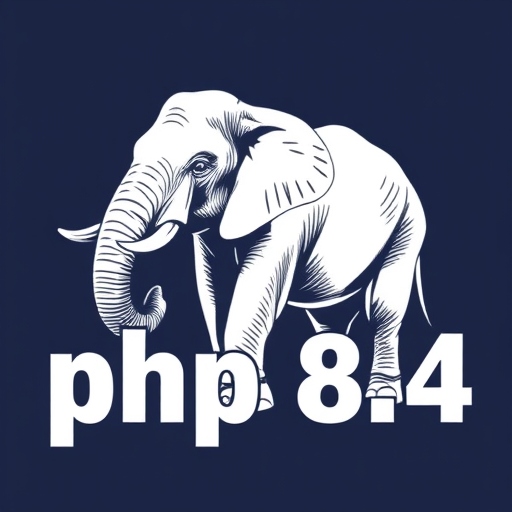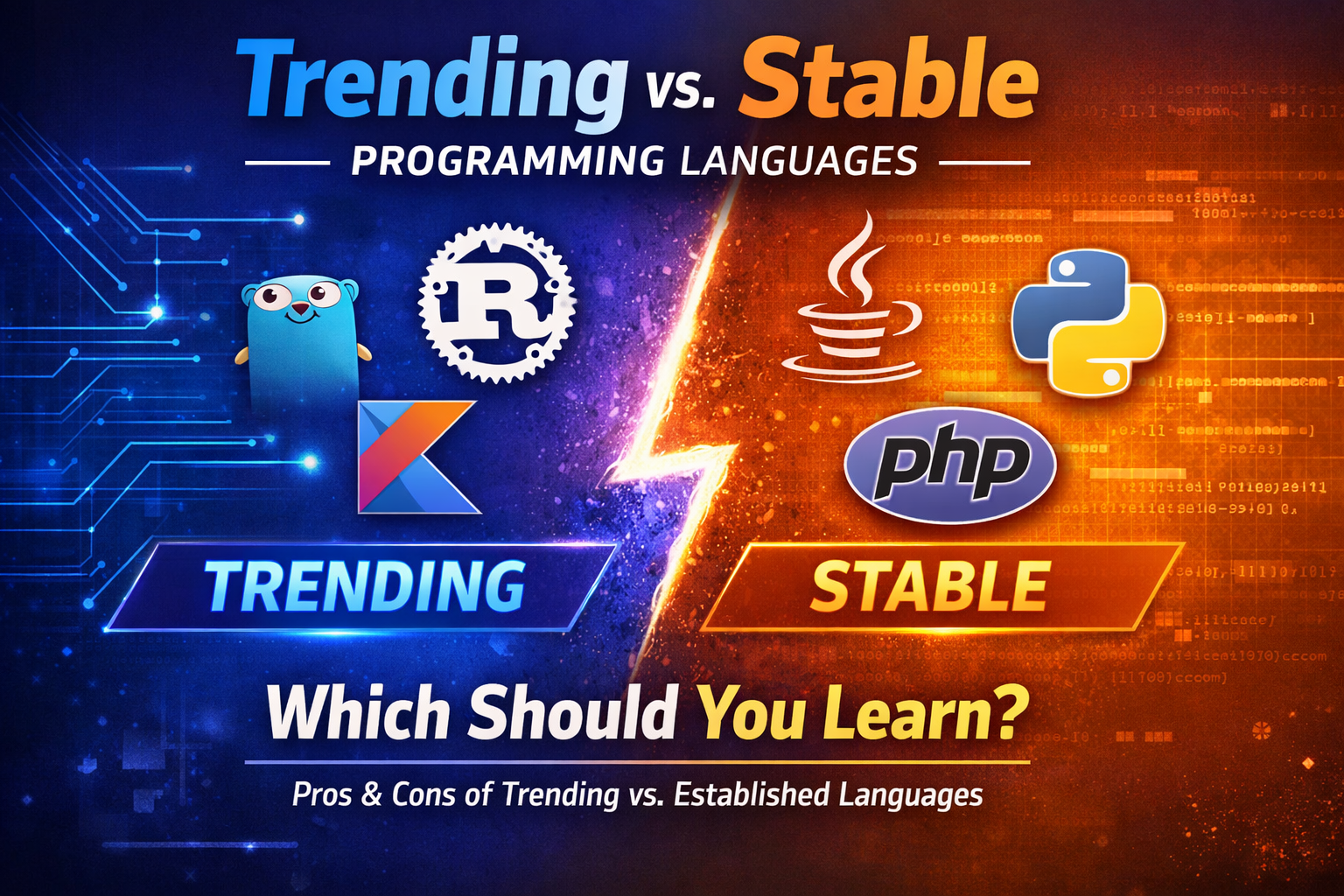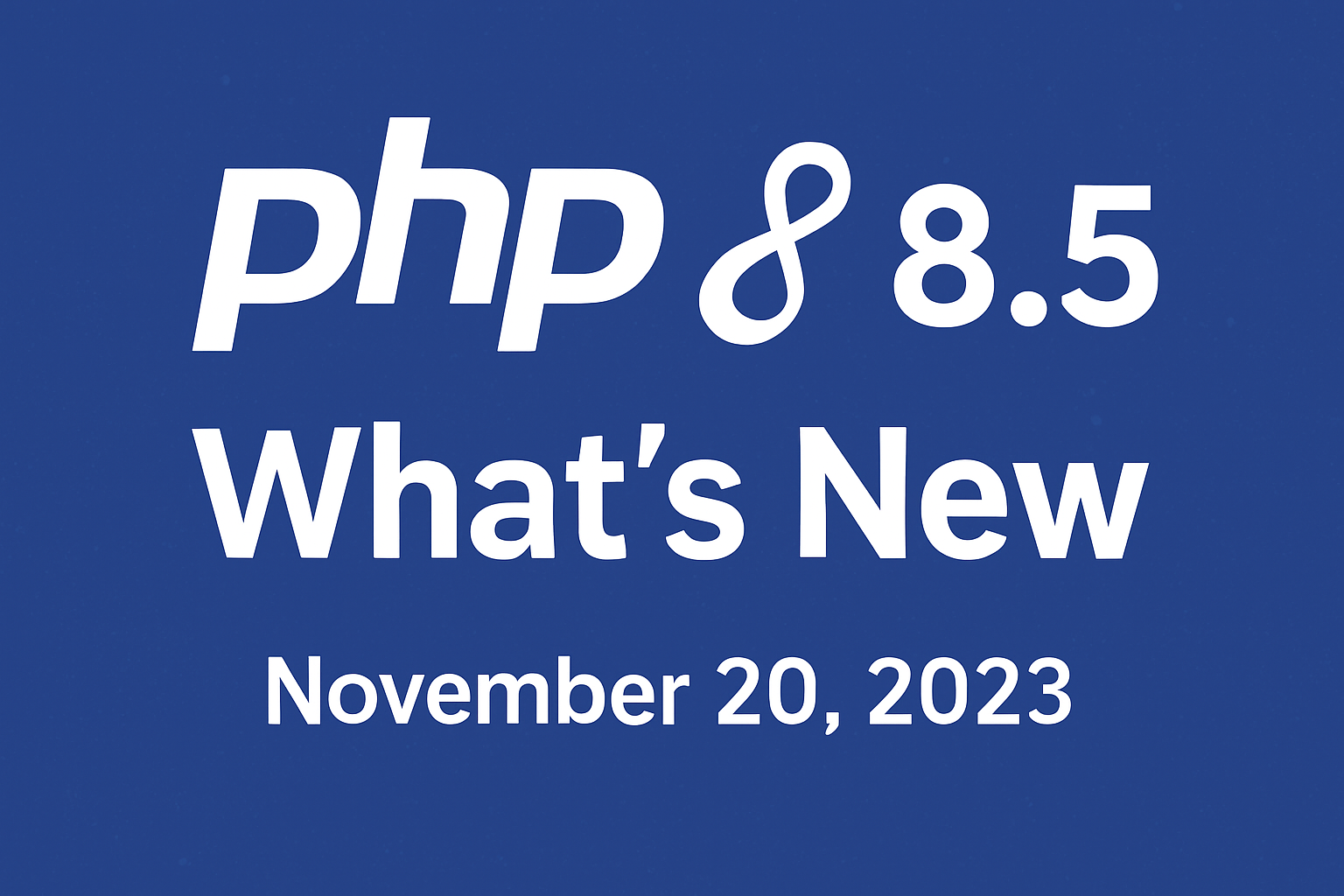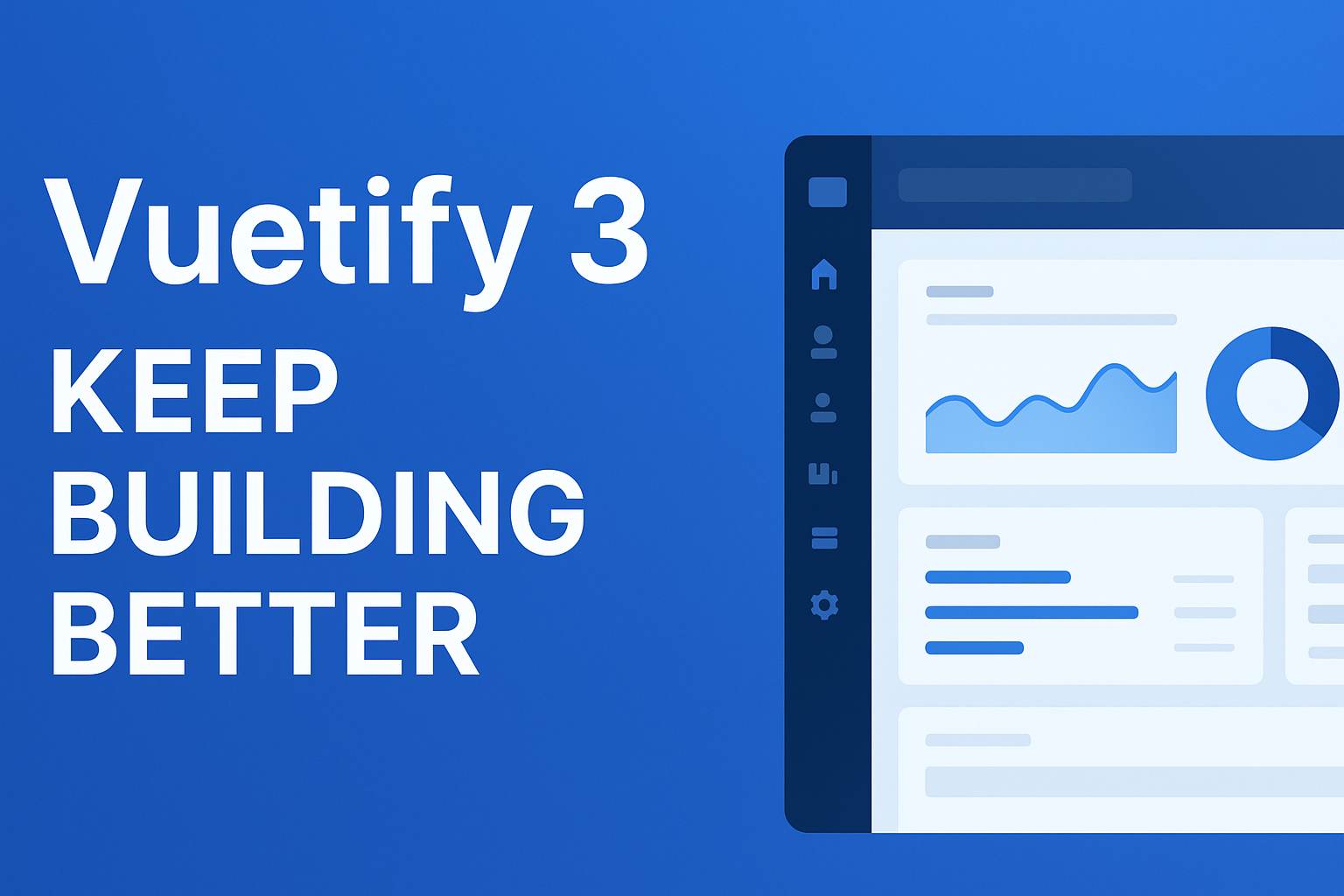Alright, folks, PHP 8.4 is here, and honestly, it feels like PHP is trying to say, "Hey, I'm still cool and relevant!" And you know what? It's working. There are some genuinely awesome updates in this release, and they're the kind of changes that make you go, "Oh, finally!"
I've spent some time geeking out over the release notes and diving into what's new, so here's my take on all the highlights—explained in plain English, with a sprinkle of fun.
1. Property Hooks: Your Lazy Coder Dream
Okay, you know when you're setting up a class, and you have to write getters and setters for every single property? Yeah, me too—it's the worst. Well, PHP 8.4 introduces property hooks, and they're basically magic. Now, you can define the getter and setter logic directly in the property itself. No extra fluff.
Example:
class AuthorViewModel
{
public string $displayName {
set (string $name) {
$this->displayName = str_replace(' ', '', $name);
}
get => $this->displayName;
}
}Simple, right? You don't have to manually create `setDisplayName()` or `getDisplayName()` methods anymore. Just put it all in one place. This might seem small, but trust me, it's a huge time-saver.
2. Method Chaining Without Extra Parentheses
If you've ever cursed at those extra parentheses cluttering up your method chaining, PHP 8.4 has your back. Now you can skip them entirely and keep your code looking fresh.
Old Way:
$url = (new PaymentProvider($name))->getRedirectUrl();New Way:
$url = new PaymentProvider($name)->getRedirectUrl();Is it revolutionary? No. But does it make me smile every time I see cleaner code? Absolutely.
3. New Array Functions That Get You
Let's talk about arrays—those trusty sidekicks we all use. PHP 8.4 has introduced some fantastic new built-in functions to make working with arrays a breeze. Say hello to array_find(), array_find_key(), array_any(), and array_all().
Example:
$firstLargeImage = array_find($images, fn($img) => $img->size > 500);No more writing custom loops for simple tasks. These functions are like PHP saying, "Let me handle this for you." It's a win-win.
4. Asymmetric Visibility: When Sharing Is Optional
Ever want a property that people can read but not mess with? Like, "Sure, look at it, but don't you dare touch it." Well, now you can do that.
Example:
class Library
{
public private(set) string $catalogName;
}
With this setup, $catalogName is readable by everyone but can only be updated inside the class. It's like the "Look, don't touch" sign at a museum, but for your code.
5. Multibyte String Support for Common Functions
If you've ever had trouble with multibyte strings when trimming or capitalizing them, PHP 8.4 has you covered. Functions like trim, ltrim, rtrim, ucfirst, and lcfirst now support multibyte strings natively. Working with Unicode text just got a whole lot easier.
Example:
$mbString = " Support ";
echo mb_trim($mbString); // Outputs "Support"No need for custom solutions—PHP just handles it for you now.
6. Creating DateTime from a Unix Timestamp
Working with timestamps in PHP? There's a new createFromTimestamp() method in the DateTime class that makes creating instances from Unix timestamps a breeze. It even supports microseconds!
$date = DateTime::createFromTimestamp(1692547234);
echo $date->format('Y-m-d H:i:s');This is super handy for working with precise time data. If you've ever wrestled with timestamps before, you'll appreciate this one.
7. HTML Parsing That Doesn't Make You Cry
If you've ever had to work with HTML in PHP, you probably know the struggle. Parsing it felt like walking through quicksand. But PHP 8.4 introduces \Dom\HTMLDocument, which makes handling HTML5 much smoother.
Example:
$htmlDoc = \Dom\HTMLDocument::createFromString('<div>Hello, world!</div>');Finally, parsing HTML feels... sane. It's the little things that make a big difference, right?
8. Deprecated? Be Nice About It
So, you've got a function or method you don't want people to use anymore. Instead of just ripping it out and causing chaos, you can now use the #[Deprecated] attribute. It's a polite way to say, "Hey, this is old news—use the shiny new stuff instead."
Example:
#[Deprecated("Use updatedMethod() instead", since: "2.0")]
function legacyMethod() {}This is great for team projects where you don't want your coworkers hunting you down because you broke something.
Conclusion:
PHP 8.4 isn't trying to reinvent the wheel, but it is making the wheel smoother, shinier, and just... better. From cleaner code to smarter arrays and fewer headaches with HTML, this update feels like PHP giving us a little hug and saying, "You're doing great." If you haven't tried it yet, what are you waiting for? Go update, play around with the new features, and enjoy coding with a little less stress. You've earned it. 💻✨



